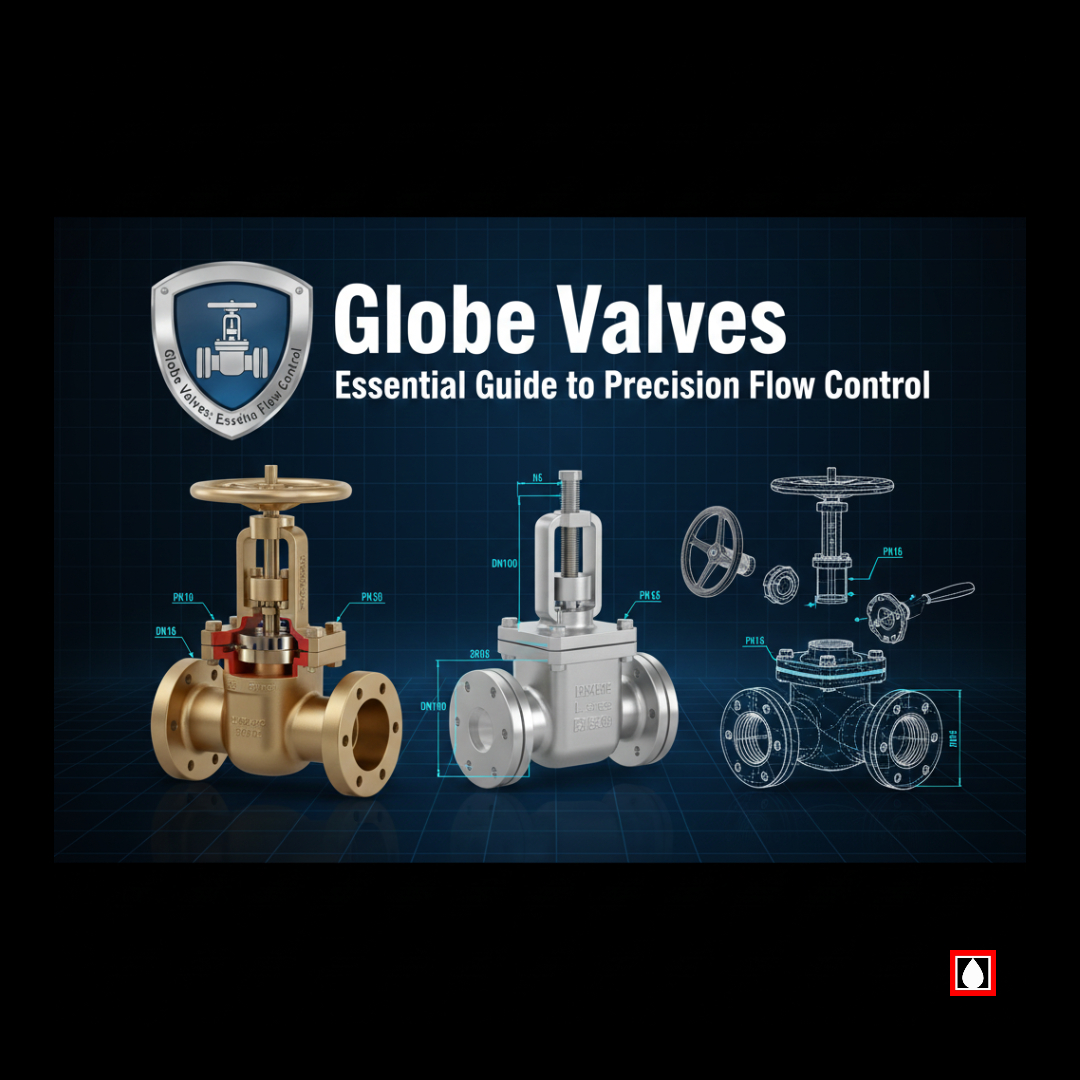Importance of Oil Pressure Relief Valves
- Keep up with safe oil pressure levels inside motors
- Forestall extreme tension development, shielding motor parts
- Guarantee appropriate grease and temperature guideline
- Safeguard against oil spills, gasket disappointments, and other harm
- Add to the general presentation and life span of motors
- Essential for forestalling motor glitches and breakdowns
- Fundamental wellbeing highlight in gas powered motors
Conclusion
In oil and gas activities, valves assume pivotal parts that help thorough control, disconnection, and wellbeing measures. While partition valves consider upkeep or crisis closures without disturbing whole frameworks, stream control valves handle the stream and pace of liquids and gasses. Pressure guideline valves keep up with suitable strain levels, and directional control valves direct course through different ways.
Fundamentally, valves assume an essential part in wellbeing frameworks, working with crisis closures, venting, and blowdown tasks. From investigation and creation to refining and transportation, valves are crucial parts that guarantee protected, proficient, and controlled tasks all through the oil and gas industry.Picking the right valve, furnishing it with help, and following safe conventions are fundamental for decreasing dangers and expanding productivity.
Safety Considerations with Valves in Oil and Gas Industry
In the oil and gas area, wellbeing is fundamental, and valves assume a basic part in ensuring that errands are done securely. There are a couple of security gives that ought to be tended to:
- Outlaw Emanations: Valves ought to be arranged and stayed aware of to restrict criminal releases, which can add to natural pollution and stance potential prosperity hazards.
- Fire Security: Valve materials and plans should be viable with fire wellbeing prerequisites, especially in regions with a high gamble of flames or blasts.
- Crisis Closure Frameworks: Valves are essential pieces of emergency conclusion systems, which are expected to safely withdraw and depressurize gear in the event of an emergency.
- Upkeep and Examination: Standard help and appraisal of valves are essential to ensure their fitting working and perceive expected issues before they develop into prosperity episodes.
- Preparing and Strategies: Appropriate preparation for staff and adherence to laid out methodology are significant for safe valve activity and support.
Complete Oil and Gas Industry Practical Training Course
Complete Oil and Gas Industry Practical Training Course is a self-learning, practical program powered by industry expertise. Log in to explore, practice real scenarios, and grow industry-ready skills.
- pipenet
- pipesim
- HTRI
- olga
Typical Valves for Gas and Oil Operations
These are some common valves that can be used for operations involving oil and gas.
- In pipelines, doorway valves and ball valves are commonly used to initiate or terminate streams.
- Stream rates are precisely controlled via needle and globe valves.
- Check valves forestall turns while keeping up with improvement consistency.
- Fitting valves and butterfly valves give flexible choices to a scope of utilizations.
- Security guarantees a good result by helping valves in shielding parts from overpressure.
- Gag valves direct the liquid stream from wells, which enormously improves creation.
Choke Valves: Essential for Oil and Gas Operations
Choke valves In oil and gas exercises, gag valves are basic for controlling fluid stream rates, ensuring practical capability. In order to ensure proper and efficient execution, these valves are expected to play a significant role in regulating creation rates and tensions at wellheads.
Suppressing valves in the production of oil and gas improves repository execution and maintains constant functional quality. They greatly empower the CEOs by controlling stream rates and tensions. Stifle valves contribute to overall competency and consistent quality during cycles by preventing equipment.
Control Valves in Oil and Gas Systems
Control valves direct liquid stream, tension, and temperature in oil and gas frameworks, guaranteeing ideal execution and wellbeing. They automate processes, working on utilitarian capability by changing stream rates considering control signals.
Conveyed across oil and gas creation stages, from wellheads to taking care of workplaces, control valves stay aware of structure dependability. By adjusting stream rates while taking control signals into account, they automate procedures and improve utilitarian capabilities.
Complete Oil and Gas Industry Practical Training Course
Complete Oil and Gas Industry Practical Training Course is a self-learning, practical program powered by industry expertise. Log in to explore, practice real scenarios, and grow industry-ready skills.
- pipenet
- pipesim
- HTRI
- olga
Understanding the Function of Orifice Valves
Figuring out the Capability of Hole Valves
Stream Control:Hole valves control the progression of liquids by confining the entry through a little opening.
Pressure Guideline:These valves make a tension drop across the hole, managing the strain inside the pipeline or framework.
Stream Estimation:Opening valves are normally utilized in stream estimation applications, where the tension drop across the hole is relative to the stream rate.
Liquid Blending:In certain applications, opening valves are used to blend different liquid streams by controlling their stream rates through the hole.
Temperature Guideline:By controlling the progression of intensity move liquids, opening valves assist with directing temperatures inside modern cycles.
Cavitation Counteraction:Appropriately planned hole valves assist with forestalling cavitation, a peculiarity that can happen when liquid speeds are excessively high.
Read this blog : Essential Guide to Precision Flow Control
Valve Selection Criteria for Oil and Gas Applications
Valves serve a few fundamental capabilities in the oil and gas industry, including:
Stream Control: Valves manage the progression of liquids and gasses, permitting administrators to control the rate and bearing of stream. This is particularly critical in processes like exhaustion, creation, and transportation.
Seclusion: Valves can confine unequivocal sections of a system, engaging upkeep, fix, or emergency terminations without upsetting the entire cooperation. Entryway valves and ball valves are generally used thus..
Pressure Guideline: Valves help with staying aware of legitimate strain levels inside different fragments of a structure. Pressure control valves, similar to globe valves and strain mitigation valves, are used for this ability
Directional Control: Valves can facilitate the movement of fluids and gasses through various ways or branches inside a structure. Actually take a look at valves, for example, forestall reverse, guaranteeing unidirectional stream.
Security and Crisis Reaction: Valves play a fundamental role in safety systems by taking into account blowdown procedures, venting, and crisis closures in the event of equipment failure or other dangerous situations.
Valve Types in the Oil and Gas Industry
Valves in oil and gas activities guarantee proficiency and security. They incorporate detachment valves like door and ball valves for beginning or halting streams. Guideline valves like globe and needle valves guarantee exact control, while non-return valves like check valves forestall turn around the stream.
Complete Oil and Gas Industry Practical Training Course
Complete Oil and Gas Industry Practical Training Course is a self-learning, practical program powered by industry expertise. Log in to explore, practice real scenarios, and grow industry-ready skills.
- pipenet
- pipesim
- HTRI
- olga
The Capability of Valve Frameworks in Directing
In channeling frameworks, valves carry out fundamental roles by directing liquid stream to resolve down to earth issues. They screen stream rates to ensure fitting stream and abstain from flooding.
Valves additionally restrict pieces of the construction for upkeep or crises, redesiging success. Additionally, they control pressure levels to protect equipment and assurance dependable execution all through the structure..
Stream Control
- Valves control the progression of liquids inside channeling frameworks.
- They change stream rates to meet cycle necessities.
- This capability guarantees proficient activity and forestall spills over.
- Various kinds of valves take care of explicit stream control needs.
- Valves assume a significant part in keeping up with wanted liquid speeds and tensions.
Framework Detachment:
- Valves detach segments of funneling frameworks for support or fixes.
- They consider the closure of explicit pipelines without influencing the whole framework.
- Withdrawal valves prevent the spread of risky materials during emergencies.
- This capacity further develops security and works with help.
- Valves ensure that potentially allocated fragments of the diverting structure are utilitarian when required.
Key Valve Functions in Oil and Gas Processes
Valves assume an urgent part in the oil and gas industry, managing the progression of liquids and gasses in different cycles. From investigation and creation to refining and transportation, valves guarantee protected and productive activities.
This complete blog entry plans to give a top to bottom comprehension of the key valve capabilities in oil and gas processes, valve determination standards, and security contemplations inside the business.
Read this blog Also : Flanges and types of flanges





.png)



